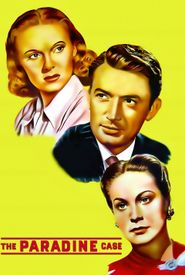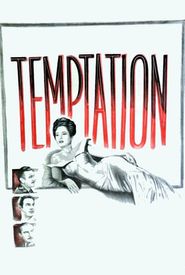Robert Smythe Hichens was born in 1864 at Speldhurst in Kent, England, to a family with strong connections to the Church of England, as his father, H.C. Hichens, was the Canon of Canterbury. This familial influence initially led to Robert being sent to the Royal College of Music in London, where he was expected to pursue a musical education, as his father had envisioned. However, Robert's own inclinations leaned towards a different path, and he eventually won permission to study journalism for a year instead.
Following his stint in journalism, Hichens began his writing career, initially contributing to newspapers and later penning short stories. His debut novel, "The Green Carnation", was born out of his experiences during a winter spent in Egypt, and its success extended beyond British shores to the United States as well.
As a music critic for the "London World" newspaper, Hichens held the position for three years before resigning and embarking on a period of extensive travel and residence in various countries, including Italy, Switzerland, and North Africa. This period of wandering proved to be a fertile ground for his writing, as he drew inspiration from his experiences to craft some of his most notable works, including the celebrated novel "The Garden of Allah", which was famously adapted into a film starring Marlene Dietrich in 1936.
Egypt again played a significant role in shaping his writing, as it was the backdrop for another successful novel, "Bella Donna". Furthermore, his travels in North Africa and the Mediterranean region likely influenced the creation of his best-known novel, "The Paradine Case", which was later adapted into a film by Alfred Hitchcock in 1947.
Throughout his prolific writing career, Hichens penned approximately 50 books and a score of articles for various newspapers and magazines. His life came to a close in Zurich, Switzerland, in 1950.


























